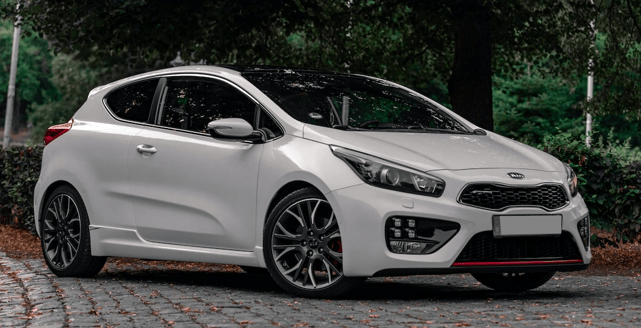Acquiring a new car, especially a Kia, is an exciting endeavor. If you want to get to know your car manufacturer, here are some interesting facts! However, it is crucial to understand the importance of vehicle maintenance to ensure the longevity and smooth operation of your new asset. Proper maintenance not only enhances the performance and safety of your car but also helps maintain its resale value. Below, we dive into Kia maintenance tips that every Kia owner should know.
Understanding the Basics of Kia Maintenance
The first step in safeguarding the longevity of your Kia is understanding the basics of its maintenance. Regular vehicle inspection and servicing can save you costly repairs in the future. From checking and changing oils regularly to inspecting your brake pads, every piece of maintenance is crucial.
The Kia service department employs thorough inspection and service procedures to ensure your car remains in top shape. You should not overlook your Kia’s maintenance schedule as provided in your car manual. This schedule helps detect potential problems early.
One of the essential maintenance basics is the regular changing of engine oil and oil filters. This ensures that your engine operates optimally and prevents it from wearing out quickly. Furthermore, checking your car’s body for rust and ensuring your tires are correctly inflated also form part of car’s maintenance basics.
The car’s battery should also be kept in check. The easiest way to maintain it is by ensuring it is clean, as dirt and grease can cause the battery to drain faster. Keeping your car clean is not just aesthetically pleasing, but it also helps prevent rust and other types of body damage.
Essential Maintenance Tips for Kia
Proper car maintenance involves more than just following the car’s manual. It involves consistent daily, weekly, and monthly checks. Daily checks include inspecting your tires for any punctures and confirming that your lights are working correctly. Listening to any strange sounds from the engine can also help detect issues early on.
Weekly checks could involve checking the oil level and ensuring the radiator has enough coolant, particularly in hot weather. Monthly checks should ideally involve full vehicle inspections. This should include checking your car’s engine, tires, headlights, brake lights, and even wipers.
Servicing your Kia vehicle is also an essential part of its maintenance. Ensure to keep up with your service schedules and get your vehicle checked regularly by professionals. Remember, preventive maintenance can help avoid unexpected and costly repairs down the line.
Lastly, always use genuine Kia parts when making replacements. Substandard parts may damage your car and even void your warranty. You can always get genuine parts from authorized dealers or service centers.
Importance of Regular Servicing for Kia Vehicles
Regularly servicing your Kia vehicle is crucial in ensuring its optimum performance. A well-serviced car will usually consume less fuel, emit fewer pollutants, and have a higher resale value. Plus, it’s fun to drive since everything is working as it should.
During the servicing, an expert will examine your car for any potential issues. This includes inspecting components like the engine, brakes, suspension, and exhaust system. Early detection of problems can save you lots of money and possibly prevent an accident.
Regular servicing also upholds your car’s warranty. Most car warranties require regular maintenance as part of their conditions. Failure to adhere to these terms may result in the warranty becoming void.
Another benefit of regular servicing is that it can prolong the lifespan of your Kia vehicle. Through serving, minor issues can be checked before they escalate into bigger, costly issues.
Decoding Your Car’s Warning Lights and Notices
Kia vehicles are equipped with warning lights and notices that alert you when something needs attention. Understanding these signals is crucial, as they can help prevent damage to your car or even an accident.
For instance, the “Check Engine” light may signal several problems from minor issues like loose gasoline caps to major concerns such as a malfunctioning oxygen sensor. You should never ignore this light and should have your car checked immediately if it illuminates.
Another critical warning signal is the brake warning light. This may indicate lower brake fluid levels or more serious issues with your car’s brake system. Again, you should not overlook this light but have your car checked as soon as it comes on.
Altogether, following these car maintenance tips will ensure a high-performing, safe, and durable vehicle that serves you diligently and preserves its resale value. Practicing proactive maintenance can save you from sudden breakdowns and costly repairs. Happy driving!

